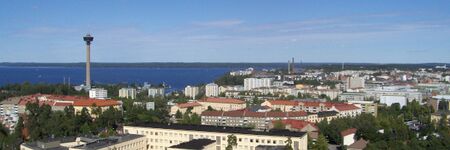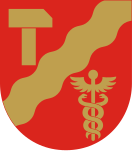Tampere Finland
- Members
Tampere is a city located in southern Finland. It is the third-most populous city in Finland and the largest inland city in the Nordic countries. Tampere is known for its industrial heritage, vibrant cultural scene, and beautiful lakes. The city was established in 1779 and played a significant role in Finland's industrialization during the 19th and 20th centuries. Tampere is often referred to as the "Manchester of Finland" due to its history as a major center for textile and manufacturing industries. Today, Tampere is a modern and innovative city with a thriving technology and research sector. The city offers a wide range of cultural attractions, including museums, theaters, and music festivals. Tampere is also surrounded by stunning natural landscapes, with the Pyhäjärvi and Näsijärvi lakes providing opportunities for outdoor activities such as boating, fishing, and hiking. With a population of approximately 238,140, Tampere combines history, nature, and contemporary urban living, making it an appealing destination for residents and visitors alike.
Activities

|
Lighting Infrastructure as a Service Platform | |
| Lighting infrastructure is centrally located in city, close to people and activities. It provides excellent opportunity to collect and deliver information and services beyond lighting. Project targets to employ lighting infrastructure as the IoT backbone for different services in urban environments. | ||

|
Piloting lighting infrastructure as a service platform for smart lighting solutions | |
| Lighting infrastructure is centrally located in city, close to people and activities. It provides excellent opportunity to collect and deliver information and services beyond lighting. Project targets to employ lighting infrastructure as the IoT backbone for different services in urban environments. | ||

